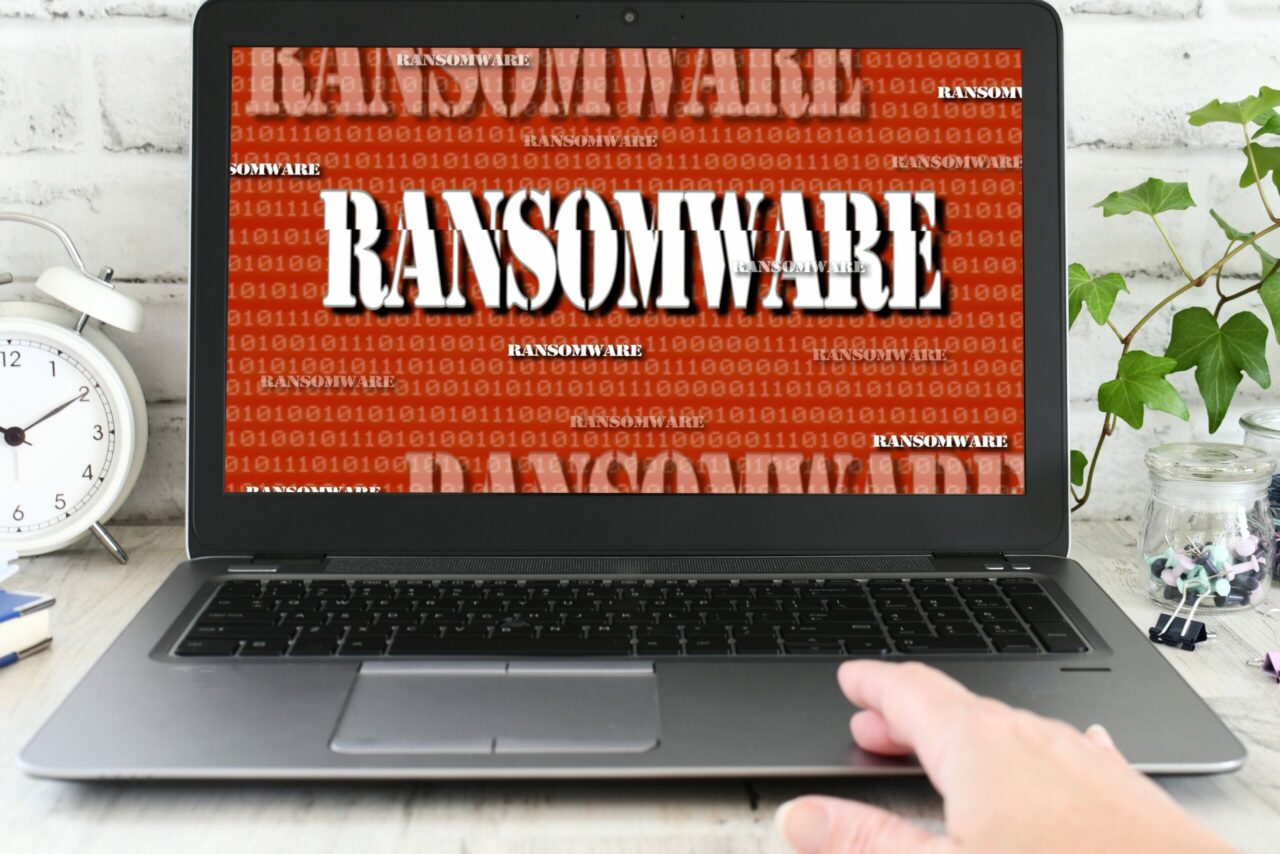Ransomware is malware that locks users out of their computer or data and demands a ransom payment to unlock it. This pervasive cyber attack is on the rise and threatens businesses of all sizes and in every industry.
However, one way to help stop ransomware attacks is through regular backups. In this blog post, we will explain how backups help stop ransomware and how you can make sure your business is protected through a disaster recovery plan.
What Is Ransomware?
Ransomware is a type of malware that can encrypt or lock users out of their data and demand a ransom payment to unlock it. This type of attack can be devastating for businesses, resulting in the loss of critical data.
Ransomware attacks usually happen when an attacker gains access to a user’s computer or network and installs the malware. The attacker will then demand a ransom payment, usually in cryptocurrency, to unlock the data. Even if you decide to pay the ransom, there is no guarantee that the attacker will give you access to your files.
How Do Backups Help Stop Ransomware?
One of the best ways to protect your data from ransomware is to back up your files regularly. This way, if your data is encrypted or locked by an attacker, you will still have a copy of it that you can access.
There are two main ways to backup your data:
- Local backups: This is when you backup your data to a separate location on your computer or network. This can be done manually or using software.
- Cloud backups: This is when you backup your data to a remote location, such as a cloud storage service. This is often the best option, as it can provide additional protection from ransomware attacks.
How Can I Protect My Business From Ransomware?
There are a few things you can do to protect your business from ransomware:
– Educate your employees about the risks of clicking on links or opening attachments from unknown sources.
– Install and maintain security software, such as antivirus and firewall protection.
– Regularly back up your data to a safe location, such as a cloud storage service.
-Create and regularly update a disaster recovery plan should you experience an attack.
You can help protect your business from ransomware attacks by following these tips. However, if you do experience a ransomware attack, it is crucial to seek professional help immediately to minimize the damage.
How Often Should I Backup My Data?
How often you should back up your data will depend on how often your data changes and your disaster recovery plan. For example, if you have a database that is constantly being updated, you will need to backup your data more frequently than if you have a static website. It is generally recommended to backup your data at least once a day.
Backing up your data is critical for protecting your business from ransomware attacks and disaster recovery. By regularly backing up your data, you can ensure that you will still have access to it even if it is encrypted or locked by an attacker. Your business has a better chance of survival post-disaster when you regularly carry out data backups.
Create a Disaster Recovery Plan and Stop Ransomware Today: Meet with Praxis
Contact a representative from Praxis today to learn more about how to protect your business data from ransomware and other cyber attacks. We’d be happy to help you strengthen your security posture, create a disaster recovery plan, and protect your data from threats like ransomware.

